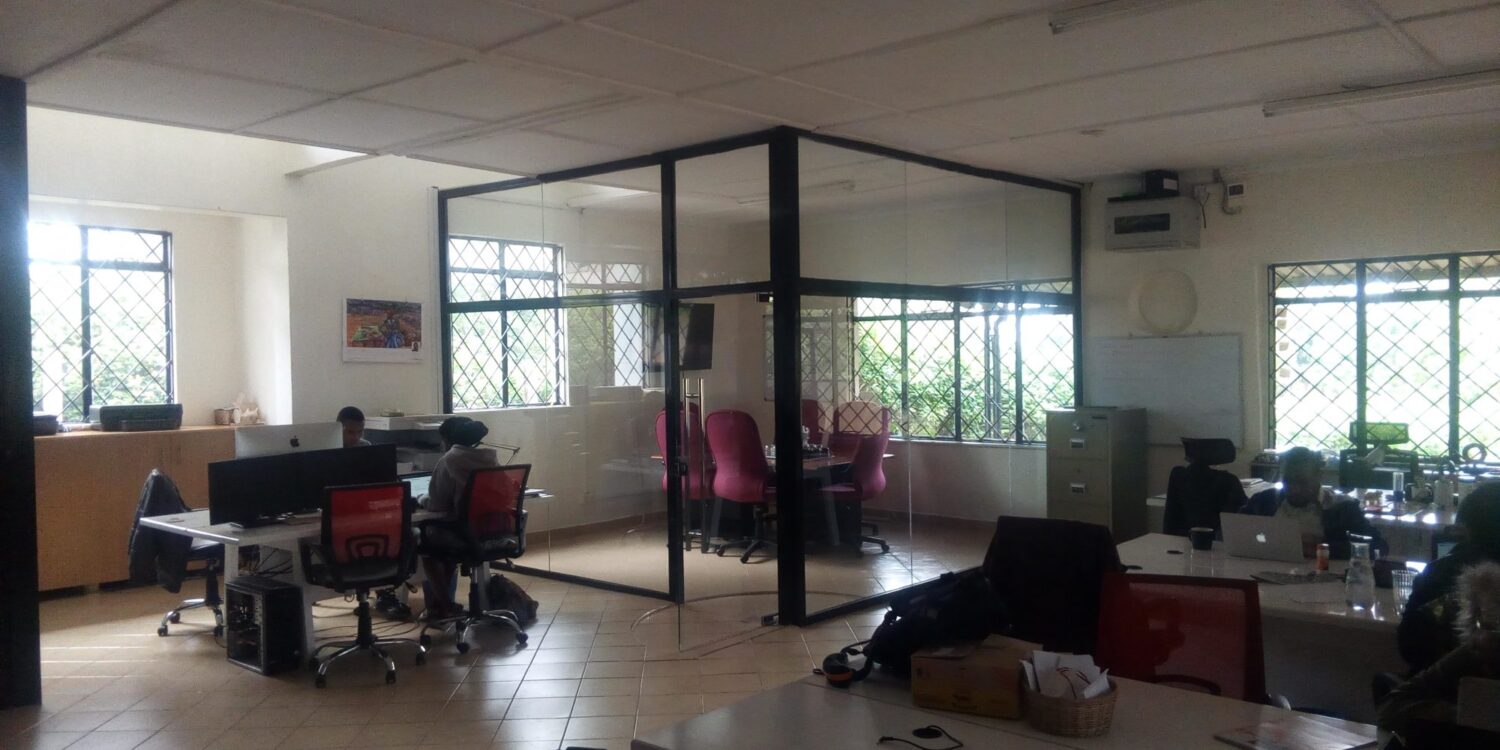A few years ago, at the Africa Open Data Conference, I spoke about the value of “Period Zero” in the planning and development of programmes. I was talking about the challenges that happen in implementing Open Data projects – and I think this is relevant across the development spectrum.
In my speech, I advocated for “Year Zero” to be built into every programme. I explained that as our development projects have to be designed to change established culture if they are to be sustainable, then we have to build into them an Year Zero. It is during this year, that we:
- Build relationships: We have found that with strong human relationships between the implementers of the programme and the communities in which we work, the programme is implemented in ways that are more sustainable.
- Establish timelines: When we were working in the farming communities, we realised that we had to work hard to synchronise our efforts with their working calendar and rhythms. It makes no sense, for example, to call farmers to a workshop on the SDGs at the time they need to be planting. Even if they came, they would not focus.
- Manage Expectations: It is important to have as accurate a view as possible of just how much progress you are likely to make when you are working with a particular community. This can only really be understood when you are on the ground, talking with people.
The challenge is that many programmes are planned in boardrooms, timelines are set and logistics are largely farmed up before the implementers go to the ground. What happens is that there tends to be asynchrony between the programme managers and the communities, which leads to “make do development” – where people do just what they need to do to tick the programme’s boxes.
Why we have been quiet, lately.
This year, we are working to achieve two main things relating to the work that we did last year. As you may recall, last year we scaled up the Global Goals for Local Impact Programme to Nakuru North sub-county level, where we worked with communities from Dundori, Kirima, Bahati, Mereroni, Lanet-Umoja and Githioro locations to do what we did in Lanet-Umoja location, back in 2016.
Working with the communities in these locations, we saw them collect data in all of their households (to varying levels of success) and use the data to engage more fruitfully with each other and with the county government.
This year we have been working with a number of counties to establish ways of scaling up the Global Goals for Local Impact programme at the county level. In engaging with county governments, we have learnt that some of them have the desire to establish village administrative units (which are essentially similar to the chiefs’ Nyumba Kumi initiatives – a system of community leadership that strengthens the engagement with county governments.
Separately, we have been working on the Open County programme for the last 6 years, where we built a platform that allows for county governments to publish various data for the public to better understand what is happening. For increased sustainability, we are working with counties to build their capacity to own their pages on open county and to manage their own data.
We envision that at the end of this process, we shall have a robust data and statistical system where the counties have well curated and published open data and citizen data to help them make better decisions and engagements with the citizens.
To achieve all of this, the last 3 months or so have been our month zero in which we have gone to various counties, to check in their readiness and willingness to participate. Having completed these activities, we shall soon be giving you regular updates on the progress.













